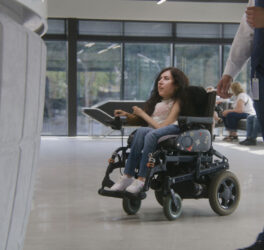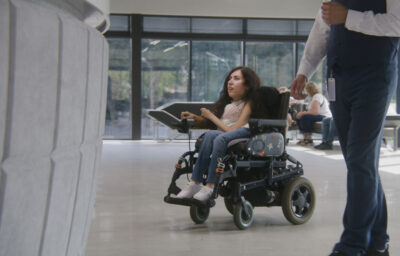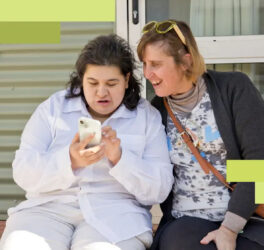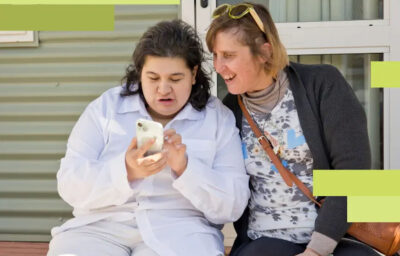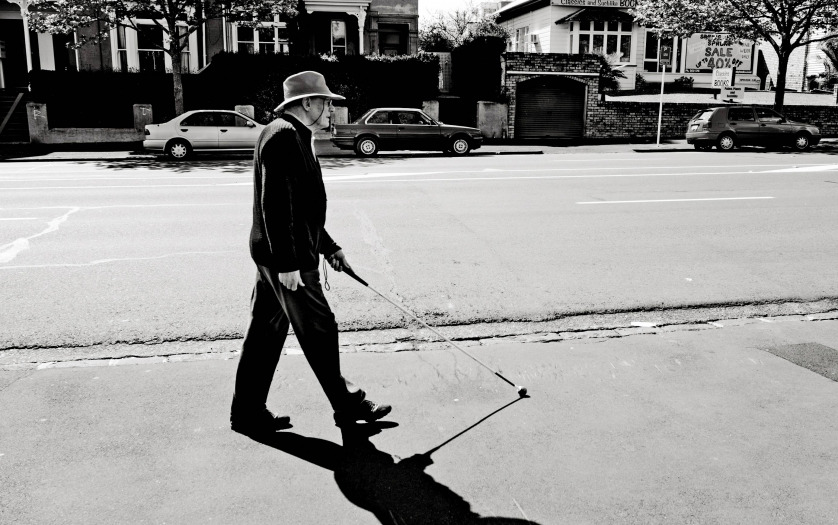
New Zealanders with disabilities are faring worse than non-disabled people across a range of wellbeing and labour market outcomes, Stats NZ said today.
Data from a new supplement, added to the June 2020 quarter of the household labour force survey, shows that persons with disabilities were more likely than non-disabled people to rate their lives poorly in a number of key aspects, including overall life satisfaction, how worthwhile they felt their life was, and family wellbeing.
Disability status is strongly correlated with age.
“Older people are more likely to be identified as disabled,” wellbeing and housing statistics manager Dr Claire Bretherton said.
“However, people aged 65 years and over are less likely to participate in the labour market, and can have quite different wellbeing outcomes to younger people.”
Because of this age effect, the data used here is restricted to adults aged 18 to 64 only.
Within this age group, 44 percent of disabled people rated their overall life satisfaction poorly (0‒6 on a scale from 0 to 10), compared with just 15 percent of non-disabled people.
Additionally, almost a third of persons with disabilities gave a low rating for how worthwhile they felt their life was (30 percent), and 29 percent rated their family’s wellbeing poorly.
Mental wellbeing is measured using the World Health Organization’s WHO-5 Wellbeing Index, with poor mental wellbeing classified as having a weighted score of 51 or below. In the June 2020 quarter, nearly half (46 percent) of disabled people aged 18‒64 experienced poor overall mental wellbeing according to this index, compared with one in five non-disabled people (19 percent).
“The WHO-5 Wellbeing Index asks respondents about their experience of five positive aspects of subjective mental wellbeing. These include feeling cheerful, calm and relaxed, and active and vigorous, waking up feeling fresh and rested, and whether they felt that their life was filled with interesting things,” Dr Bretherton said.
“Disabled people were less likely than non-disabled people to have experienced each of these aspects.”
In addition, one in nine disabled people reported feeling lonely most or all of the time (12 percent). This was three times the rate of non-disabled people (3.9 percent).
Persons with disabilities were less likely to feel safe when walking alone in their neighbourhood, more likely to experience discrimination, and reported lower levels of trust when compared with non-disabled people.
Many persons with disabilities also face financial difficulties. Twenty-three percent of disabled adults under 65 felt they did not have enough money to meet their everyday needs. This dropped to 6.5 percent for non-disabled people of the same age.
When looking at all sources of income combined, the median income for disabled people was $400 a week, compared with $900 for non-disabled people. This median is calculated using all incomes reported in the survey (including wages and salaries, self-employment earnings, and government transfers such as benefits or ACC payments) and it includes people who have no income at all.
Persons with disabilities were far less likely than non-disabled people to be employed, and those who were employed were less likely to work full time.



